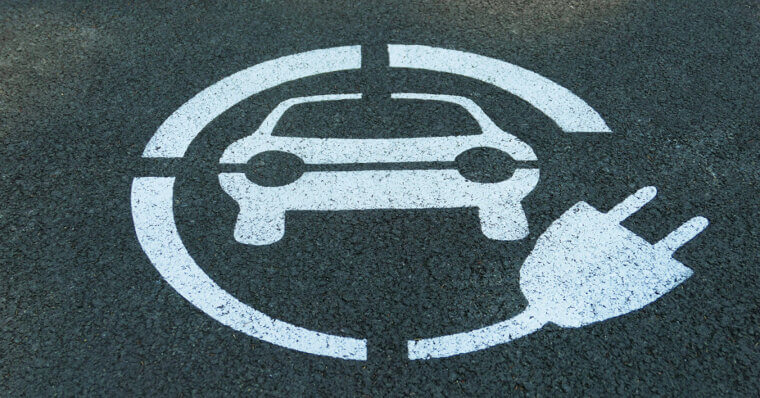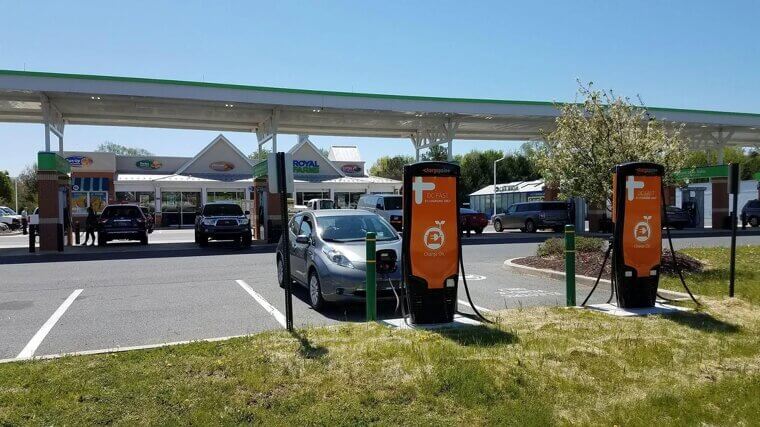Environmental Woes of Using EVs
Everything comes at a cost, and when it comes to electric vehicles, things may not always appear as they seem. From still relying on fossil fuels to managing the recycling of batteries, achieving 100% eco-friendliness is nearly impossible. Read on to find out the biggest environmental downsides of electric vehicles.
Impacts of Mining
The rare metals that make up an electric vehicle's battery, such as lithium and cobalt, are often sourced from developing countries. Mining these materials can harm ecosystems, drain water sources, and damage communities. The extraction process also produces negative greenhouse gases. This has started a debate on whether the production of electric vehicles is as eco-friendly and clean as advertised.
Fossil Fuels Still Come From Electricity
Not all electricity sourced for charging electric vehicles comes from a clean source. While not emitting tailpipe emissions, the power used to charge the vehicles still comes from natural gas, coal, and other non-renewable sources of energy. Not all regions are equipped with clean energy infrastructure to support EVs.
Battery Disposal and Recycling
When proper recycling infrastructure isn’t in place, EV batteries will often end up in landfills. Battery waste contains toxic chemicals and heavy metals that are hazardous and detrimental to the environment. There has yet to be a global standard set for recycling EV batteries, which causes debate over their ultimate carbon footprint.
High Manufacturing Emissions
When it comes down to the nitty-gritty of it, producing electric vehicles often incurs a greater environmental cost than producing a traditional fuel car. This is due to the extreme methods used in creating the vehicle's battery. While, in the long run, the carbon emissions may outweigh the initial waste, not every car is driven long enough to break even.
Urban Resource Strain
Many cities, even in the first world, aren’t yet ready for electric vehicles. Their grids are fragile, and charging stations cause great strain on the system. Modern urban planning is still in the process of determining how to effectively accommodate electric vehicles.
False Sustainability
Electric car owners will often get into a mindset that they are doing enough of their “part” to help the environment and neglect other conscious choices that may negatively impact the environment. This may also overlook the fact that there are alternative, healthier options for getting around, such as biking or public transportation. Both are more sustainable than private vehicle ownership.







